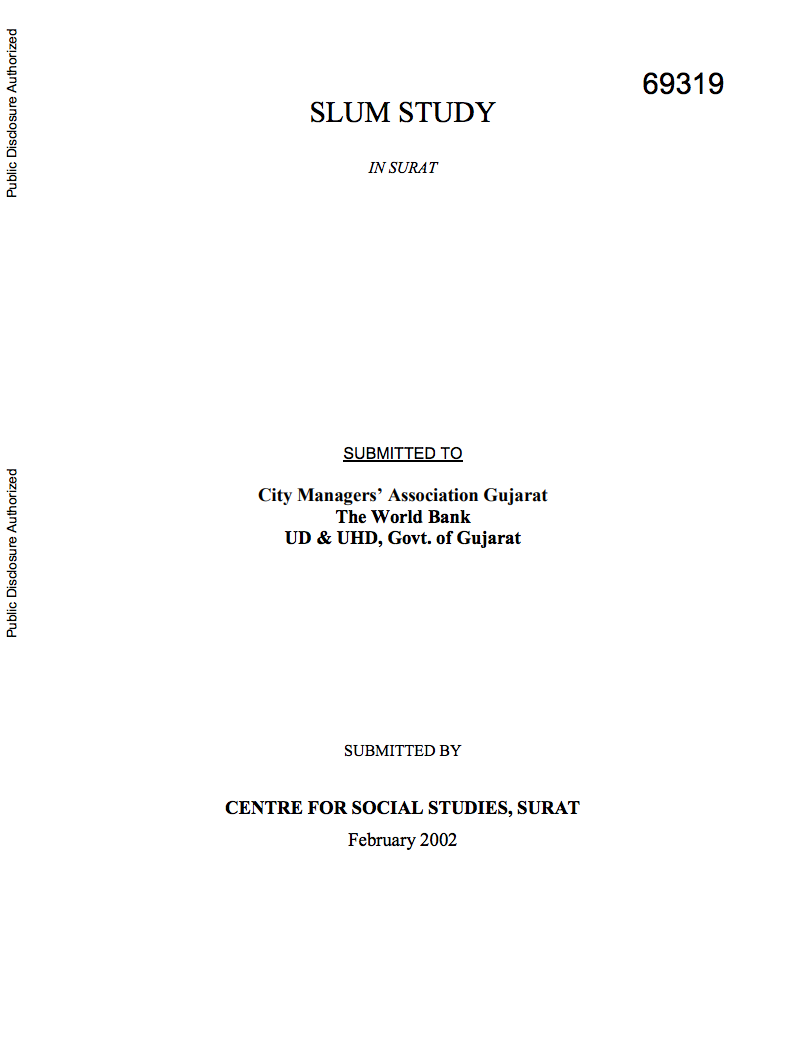Mexico : Land Policy--A Decade after the Ejido Reform
This study aims to assess the extent to
which reforms have actually been implemented, the impact
they have had on the rural population, and the challenges
which, as a consequence, need to be addressed by the new
administration. This report is organized as follows: Section
1 describes Mexico's rural economy. It reviews the
broad context of macro, trade, and sector-level reforms, the
strengths and weaknesses of both the productive and


